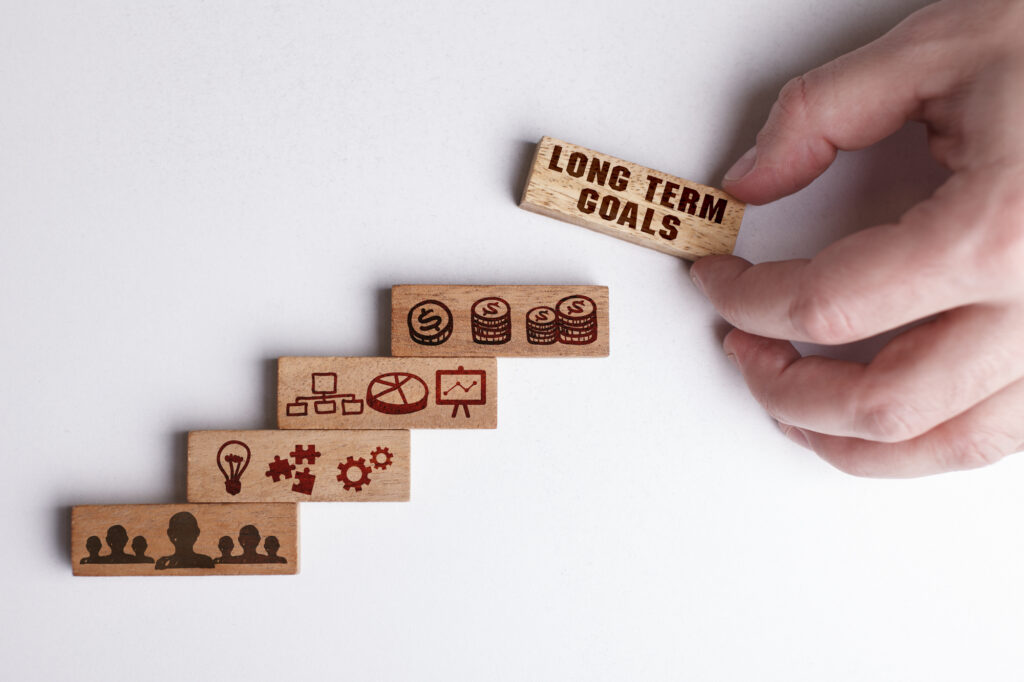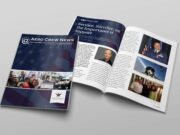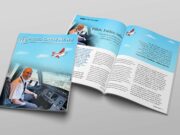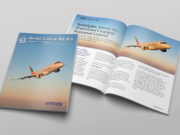I attended an aviation networking seminar a couple of months ago. While going over important tips for how to build a résumé, find a job, and maintain connections, the seminar’s leader made an intriguing point regarding spending money for training. He postulated that it’s better to spend money as necessary now to reach your goals, because delaying your training and time building will cost tens of thousands of dollars of income, and potentially more in investments and compounded interest from those investments.

This speaker makes an interesting point, making for a good thought experiment. Just how much is it worth giving up now for benefits later? What is an acceptable sacrifice for high returns down the road?
Each student pilot starts their aviation journey in a different place. Some come from aviation families and start informal training long before they’re eligible for a student-pilot certificate. Others make career changes in their 30s or 40s while supporting families. Many are somewhere in the middle, starting their journeys in college or just after completing their degrees.
Just as people start their careers at different points, they also take different paths. Some burn through all requirements within a year at schools that advertise aggressive training approaches, while others, bound by external life circumstances, must take longer to finish training.
Regardless of their path, everyone deals with the same general problems — how do we pay for the stiff training costs, and how do we build enough flight time to be competitive at our dream jobs?
The comment made by that panelist addresses the first question. His argument is that forking over tens of thousands of dollars early to get to a good job will be worth it with large payouts down the road. His argument sounds simple on the surface, but there are more factors that go into it than may initially meet the eye.
It is true that there are incredible financial and quality-of-life benefits to working for major operators such as Part 121 airlines, fractional ownership companies, and charter operators. Pay and benefits are increased over low-time jobs such as instructing and flying pipeline. Long gone are long days in small aircraft that are either much too hot or unequipped for wintertime.
Getting to these companies necessarily takes sacrifice. It’s impossible to be competitive within a reasonable amount of time without working long hours, paying a lot of money, or building very high-quality connections. But how much sacrifice is a fair amount, practically speaking? The promise of a 30-year captain’s pay won’t pay the bills today, so some level of awareness should be important in determining how aggressive to be.
Flight training is a constant endeavor; it’s hard to make progress the less you fly and the less you study. Therefore, especially at the start of training for a new license or certificate, it’s important to solidify important training points early and reinforce them over time.
Pilots should be weary, though, of training so hard that they burn out or exhaust available resources before they’re able to finish a rating. If there’s a certain cap on how much you have available to spend on flying, running out of money will not help you achieve long-term goals. In the same vein, if you’re willing to take on debt to pay for training, what is an acceptable amount to take before the stress of making payments impacts your training as well? How much time are you willing to give up with family and friends now to achieve a goal down the road?
The opportunity cost of a new student pilot is high; especially as airlines approve new pilot contracts. This is a lucrative time to get into the aviation industry. One with good money management skills, who trusts they can budget and invest well down the line to pay back all the costs of training on time and take full advantage of their raises, may be able to get through their time building quickly and move forward early. However, it’s important not to let the external pressures of life get in the way of training. For example, finding a good balance between training regularly and bringing in an income will be more beneficial to your financial, mental, and physical wellbeing in the long run than giving up everything and dumping every last penny possible into flying.
If you can work extra early to build up savings to learn to fly for a year or so, it might be a different question. If you have the resources and the discipline to finish training efficiently, there is no limit to what you should do. However, it’s also important not to jump at lucrative contracts too early and dig yourself into a hole trying to reach a target that, while arguably guaranteed, will not pay dividends for years to come. Considering the implications of your actions is critical to determining the right course of action and the best steps to take to kickstart your career.





















































